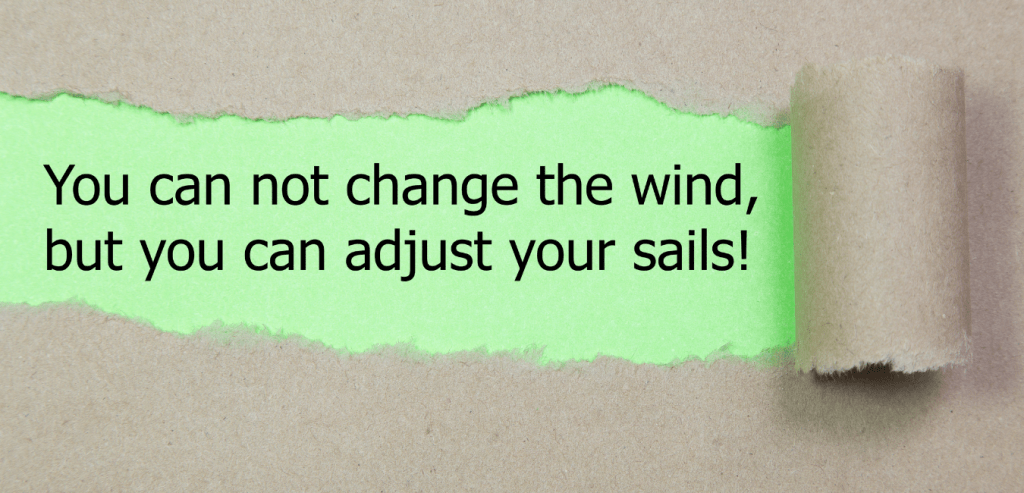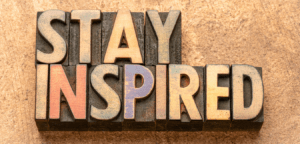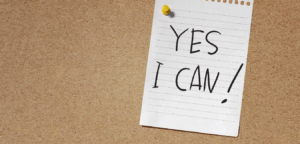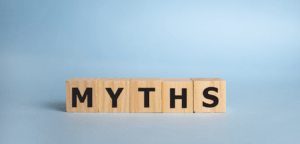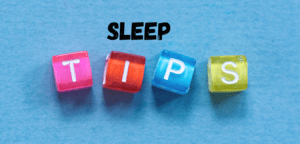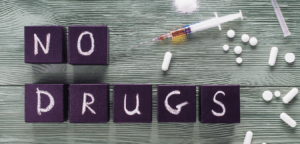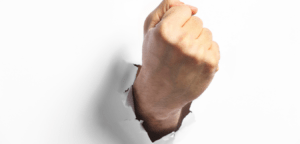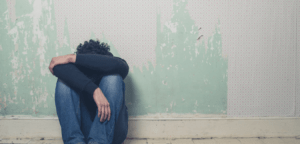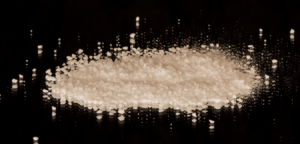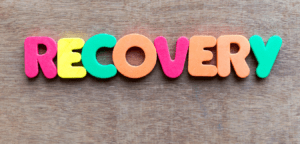After transitioning out of rehab and heading back home or into a sober living program, every individual in recovery will encounter several triggers that can cause a relapse. If you are currently in recovery, you’ve probably realized by now that there’s no way to avoid everything that may cause you to stumble, but there are several ways to combat these triggers long before you ever experience them.
How Often Does Relapse Occur?
According to the National Institute on Drug Abuse, 40 to 60 percent of people who are treated for substance use disorders will relapse at some point. These rates are similar to other chronic diseases like hypertension (50 to 70 percent) and asthma (50 to 70 percent).1
Although these numbers may be discouraging, the important thing to remember is that relapse is not a sign that addiction treatment failed. Drug detox, rehab, and other forms of treatment are not cures for addiction, and substance use disorders cannot be cured. Rather, research shows evidence-based treatment methods can help people manage their addiction(s) more effectively.
Not everyone will relapse, but for some, it can be a part of the recovery process. To fully recover from addiction, you must modify the harmful behavioral and thought patterns in your life. If you relapse, it’s a red flag that you need to get with your doctor or treatment provider to resume treatment or modify your existing treatment plan.
“Why Do I Want to Relapse?”
Many things can trigger a relapse, but often, people who return to risky living environments after treatment (such as where they used to use drugs or drink) are much more likely to relapse than those who don’t.
Other common factors that lead to relapse include:
- Stress
- Physical fatigue
- Depression
- Chronic pain
- Unemployment
- Negative mindset/self-pity
- Lack of recovery support and aftercare
Certain places, people, or things from your past can come back to haunt you in recovery, so if you feel like you want to relapse, you should meet with your treatment provider to discuss this. You may need to resume your treatment and find an alternative living situation, such as a sober living home, where you will receive ongoing sobriety support.
What Are Internal and External Triggers?
A trigger is anything that can cause someone to drink or use drugs following a period of sobriety. Examples can include relationships, emotions, thoughts, feelings, physical illness, stress, and lack of sleep, among many other things. Relapse triggers can be internal or external and they are things that you’ve learned to associate or pair with drug or alcohol use.
Internal Triggers
Internal triggers are thoughts or emotions that make you want to use drugs or alcohol. For example, you may feel a lot of anger when you run into your ex-boyfriend and his new girlfriend at the store, which may make you want to drink. Or, when you’re out having fun with your friends, you may feel confident and in control, so you may permit yourself to smoke marijuana because you convince yourself that you deserve it.
Internal triggers are extremely powerful and they are often much more difficult to deal with than external ones because you cannot always control the way you feel or the passing thoughts you think. You can avoid a certain situation or person, but you cannot just avoid feeling depressed or angry.
External Triggers
External triggers are certain activities, locations, people, objects, images, situations, and events that can make you want to use drugs or drink alcohol. For example, you may drive past a bar you used to frequent and suddenly get the urge to drink again. Or, you might see an advertisement that makes you want to get drunk with your old friends.
External triggers can be very powerful and sometimes, you may not be able to dissociate certain things with your past substance abuse. As a result, when you are confronted with those things, you may experience a very strong desire to drink or get high again.
How Are Stress and Relapse Connected?
According to Psychology Today, stress is a key risk factor in addiction and relapse.2 This is something that researchers have long known to be true. When it comes to addiction recovery, things like stressful life events combined with a lack of coping skills can create the perfect storm for a relapse.
Clinical research has shown that the physical effects of stress on the brain have a lot to do with a person’s drug-abusing behavior in response. For instance, people who experience high emotional stress are more likely to have poor impulse control and may have a harder time delaying gratification.3
Chronic stress also decreases gray matter volume in the area of the brain that is associated with cognitive control and stress regulation. When the brain experiences stress, the part of the prefrontal cortex that is involved in the deliberative understanding and analyzing of a situation is essentially shut down. As a result, a stressed-out person’s brain loses the ability to produce thoughtful behavior and the person is much more likely to give in to alcohol and drug abuse to cope with daily life.3
What Are the Most Common Relapse Triggers?
Research has shown that certain triggers or cues bring back seeking or wanting behaviors involving drugs and alcohol.4 Here are a few of the most common relapse triggers someone in recovery may experience.
1. Exposure to drugs or alcohol
Whether you’re at the grocery store, hanging out with friends, or walking down the street, you’re likely to encounter someone drinking a beer, stocking a shelf with liquor, or even using an illegal substance. Seeing someone use a substance or even just seeing it sitting on a shelf can cause you to fantasize about using it again.
2. Emotional highs or lows
Sadness, depression, and anger can lead to relapse just as much as extreme happiness can. Some people experience cravings when they’re feeling good because they want to feel even better, while the same person may also experience cravings when they’re feeling especially down or sad.
3. Rekindling old relationships
Seeing an old friend you used to use drugs or alcohol with can cause you to develop urges or cravings to use again. Additionally, running into an old drug dealer or spending time with a person who uses drugs and alcohol are both extremely dangerous and tempting situations to be in.
4. Places you used to use drugs and/or alcohol
The places you used to use drugs or drink alcohol carry strong memories and may cause you to linger on thoughts of using again. Whether it’s a friend’s house, a bar or club, or a particular neighborhood near your home, it’s normal to feel a need or want to return to those places.
5. Special events
Holidays, birthdays, graduations, and other celebratory events are often associated with substance abuse. On the other hand, the anniversary of a loved one’s death or a funeral may also conjure thoughts and emotions that lead to substance use. Regardless of whether it’s a celebratory or sad event, you may experience cravings that you otherwise wouldn’t during these times.
6. Certain objects
Objects like syringes, wine glasses, pill bottles, or pipes may be difficult for you to look at. These objects may remind you of your previous use and can cause you to linger on thoughts of using drugs or alcohol with old buddies or alone at your home.
How to Manage Triggers in Recovery
Managing your relapse triggers is a process that takes time and a skill that you will develop and strengthen with practice. Unfortunately, it’s not as easy as simply following the bulleted list below. However, with the right treatment and support, you can succeed at living a sober and happy life in recovery. Here are the primary ways you can manage triggers in recovery.
- Remove all alcohol, drugs, and related paraphernalia from your home.
- Avoid high-risk situations and locations.
- Avoid spending time with people who use drugs or abuse alcohol.
- Use the tools and strategies you learned in rehab to manage your thoughts and behavior when you are confronted with an opportunity to use alcohol or drugs.
- Confide in your sober peers and sponsor.
- Be open and honest about your feelings and cravings.
- Ask for help when you need it.
- Resist the temptation to isolate yourself and get involved in peer activities, volunteer, or find a social hobby instead.
- Prioritize self-care with proper nutrition, a healthy sleep routine, and daily physical activity.
- Start new traditions with sober friends and family.
- Enroll in a sober living program to receive continued support after rehab.
- If a relapse happens, quickly address it by telling a trusted sober peer, counselor, sponsor, or treatment professional.

